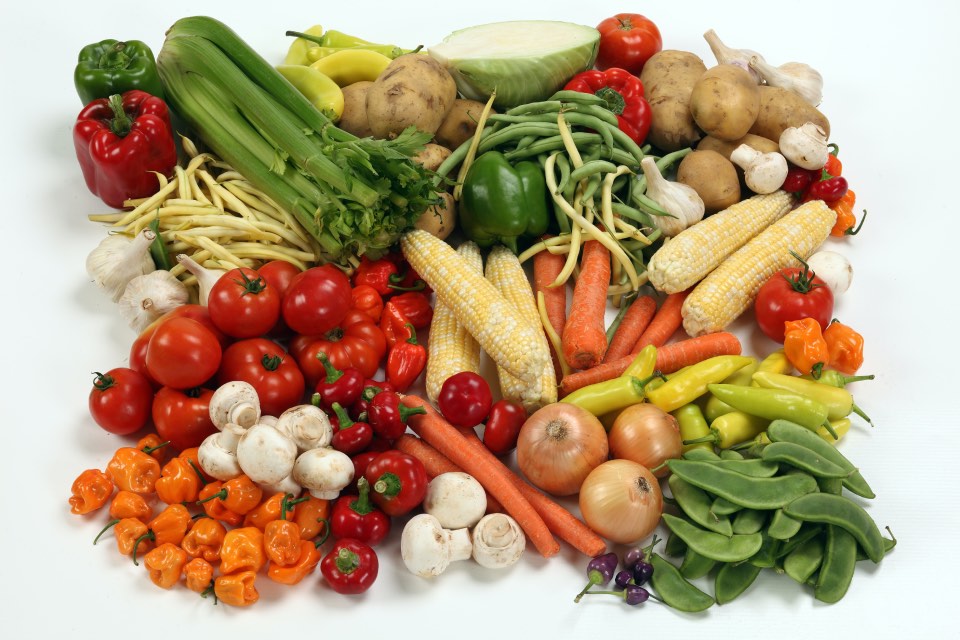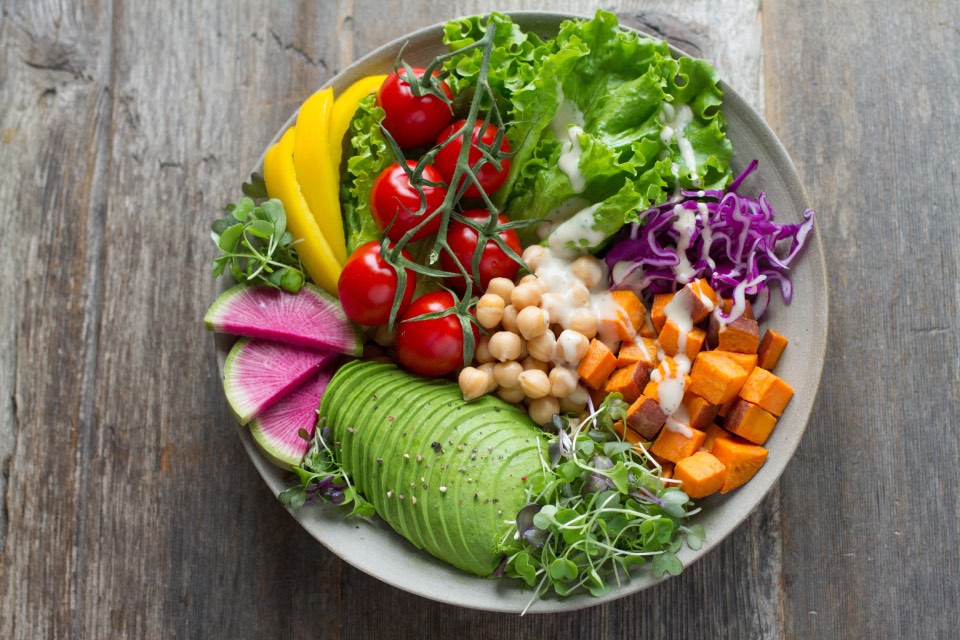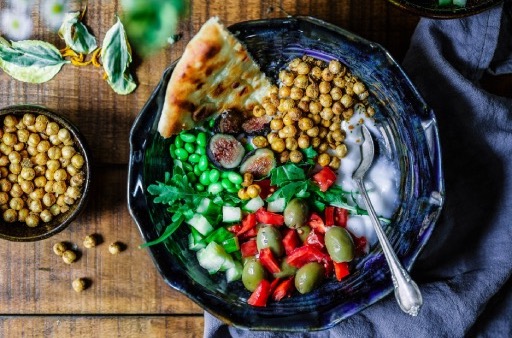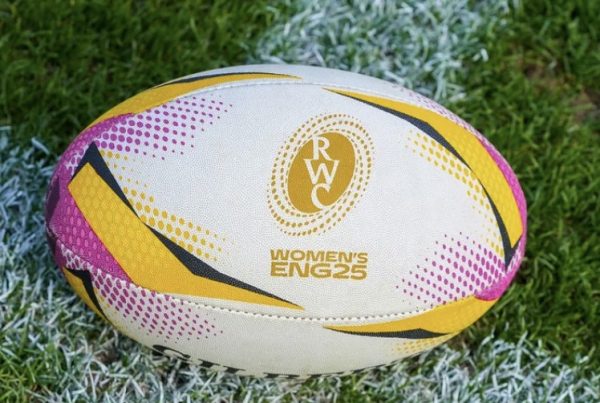Amy Lawrence has been a vegetarian since 2017 and became a devout vegan three years ago.
There is a wealth of misconceptions regarding a vegan diet. The general consensus is that Veganism is a one-way ticket to nutrient deficiency and heightened expense. I’m here to assure you that being vegan is not only a healthy lifestyle, but can easily be a low-cost diet.
The following is what I’ve learnt and can advise from my three-year journey of being vegan.
Learn about vegetables – a key part of a low-cost vegan diet
Like it or not, vegetables will become your best friend and are the backbone of a low-cost vegan diet. One of the biggest concerns regarding veganism is lack of calcium and protein. However, calcium can be found in a number of cruciferous veggies. These include kale, broccoli and cauliflower as well as sweet potatoes and green beans.
Legumes are rich in protein, so be sure to try out lentils, kidney beans and edamame. Chickpeas are a superhero ingredient for vegans due to their versatility and their high contents of both calcium and protein. These foods are excellent for bulking out meals such as curries, chillies and Buddha bowls.
Supplementing a low-cost vegan diet
Depending on your circumstances, it may not be possible to cook from scratch each night. There also may be some weeks where there’s a decrease in fruit and veg intake.
I find it useful to take a multi vitamin each morning as a back-up. I buy mine from Healthspan but vegan multivitamins can also be found in shops such as Holland and Barrett. Multivitamins are a great way to support a low-cost vegan diet and safeguard against any potential deficiencies. As always, consult your doctor before taking supplements if you have prescribed medication or a medical condition.



Shopping for a low-cost vegan diet
A very important tip is that you don’t have to be middle class to sustain this lifestyle. Veganism is suitable for everyone, no matter your budget. Supermarkets such as Aldi and Asda are a great cost-effective way to stock up on cheap vegetables and raw foods. Local markets are also a great option for a low-cost vegan diet.
If you have more money to spend then consider buying organic. There are plenty of fantastic online subscription services too, such as Abel and Cole and Riverford. Oddbox also delivers “wonky” veg in order to fight food waste. These are great eco-friendly and convenient options to consider if you can afford it.
Since going from vegetarian to vegan, I cook 99% of my meals from scratch. And that’s all completely down to saving recipes and following vegan cooks online. Instagram is an absolute gold mine for vegan recipes, with a mix of written recipes and video demonstrations. The latter is particularly good if, like me, you often get confused and need a visual aid. My top three accounts to follow would be:
All three of these amazing cooks also have cookbooks for those who prefer physical copies.
BOSH! are committed to showing how easy it is to eat vegan with a strong focus on amazing flavours. Henry & Ian have created a list of their top tips for Darling readers, perfect for a low-cost vegan diet:
“Cooking plant-based food doesn’t have to be expensive. In fact, it can be an extremely cost-effective way to cook. Here are our top tips for cooking pocket friendly plant-based recipes.
Cook from scratch
Cooking your own food instead of ordering takeaways is a sure fire way to save loads of money!
Make a plan
Work out what you’re going to eat at the weekend, write a shopping list, head to the supermarket and only buy what’s on the list. That way you won’t end up overbuying or make any sporadic purchases
Buy in bulk
Dried goods like pasta, rice, noodles and legumes are all much cheaper if you buy them in bulk. You can also get some great deals if you buy multipacks too!
Raid your fridge
If you throw food away you’re basically throwing money away. Use up what you have in the fridge by free-styling a tasty fridge-raid meal.
Batch cook
Making a big pot of something delicious, portioning it up and freezing for a later date is a sure fire way to bring down your food bill and save your future self loads of time!

Moderation on meat alternatives
Every possible meat alternative is now readily available to purchase in restaurants and supermarkets. These are brilliant for those lazy cooking days if you’re craving a meatier taste and texture.
However, as much as I love a big greasy vegan burger, balance is of course key. Although meat alternatives are more environmentally friendly and generally lower in saturated fat, they are still ultimately processed food. For a healthier option, burgers can be made at home from (you guessed it) chickpeas and beans. Even cauliflowers can be transformed into convincing enough steaks with the right spices. Tofu and ground mushrooms can also surprisingly provide a nice meaty texture.
Meat replacements are also responsible for vegan diets being branded as expensive due to having a higher price tag. Sticking to a majority plant-based diet will ultimately be kinder to your wallet and body.
Veganism is seen as a daunting unattainable goal for most, yet it is accessible, affordable and most importantly enjoyable. With these tips in mind, achieving a low-cost vegan diet should be an absolute breeze.
You may also enjoy reading about healthy food for toddlers



